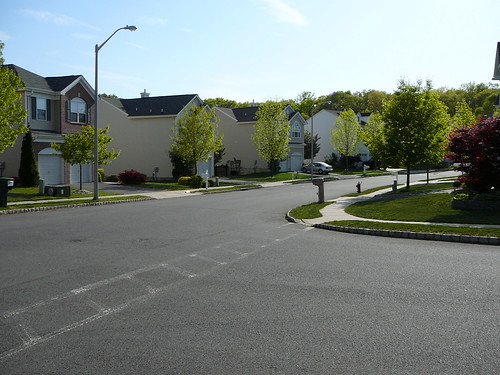Pool regulations are a complex issue for condominium complexes and homeowner associations. If you have a community pool in your complex, you have to keep updated on changing regulations not just at the state level but also the federal rules. This can be a full-time job for a small complex.
Pool Regulations For the Pool Itself
To know all of the pool regulations that apply to you, you can read the New Jersey Bathing Code, a fifty-plus page document that provides detailed instructions for anyone who operates a public pool. Here are a few of the issues the Code covers:
- Pools must be enclosed by a fence. This reduces the risk of a child wandering in to the pool area without adult supervision. Another benefit is that it keeps animals out of the area.
- Pool entrances must be located near the shallow end of the pool for the safety of small children. For new pools that must meet the American Disabilities Act or pools that have been renovated, two points of entry are now required.
- All pools over two feet in depth must have ladders and stairs for entry. This is designed for the safety of adults entering the water.
- Pools must have a water filtration system to keep water circulating and clean. This prevents bugs from getting in the pool and algae from forming while keeping the chemicals properly mixed.
- A lifeguard must be on duty during open hours of the pool.
While most New Jersey property management companies will know these regulations, many associations may not be aware of all of the rules.
Responsibilities of the Pool Manager
The person in charge of all aspects of the pool will have many duties to manage. Since the pool season is a relatively short one from Memorial Day to Labor Day, it can be difficult to fit in all of the maintenance requirements for the pool to open on time.
If you have to do any upkeep on your pool, such as replacements, repairs, or painting, you will have to schedule that before opening day. One issue you will find is that the weather must be at a certain temperature to be able to paint the pool. You will have to plan early to hire a painter that is not already booked during this busy season.
You will also have to find a team of lifeguards to work at your pool during the season. They will be in demand during this time so this is another area where you will need to plan ahead. Besides hiring the temporary staff, you will have to check their certification to make sure it is good for the entire season.

Permits and licenses are another area that the manager has to deal with before and during the pool season. In order to meet pool regulations, you will have to obtain certain permits or have them renewed.
One such license is for the pool manager. State regulations require the pool to be operated by someone who is certified. If you have not gotten that certification, you will need to have it prior to the pool opening. It involves a two-day class with exam and must be renewed every two years.
All of these responsibilities are the reason why many associations hire their pool management out to a New Jersey property management company. This relieves them of the responsibility of the daily work and hands it to someone more knowledgeable about the pool regulations. For small and mid-size companies, this saves them money, time, and the frustrations of trying to manage too many things.
Paul Santoriello is the President of Taylor Management Company located in Whippany New Jersey specializing in property management including pool regulations.

